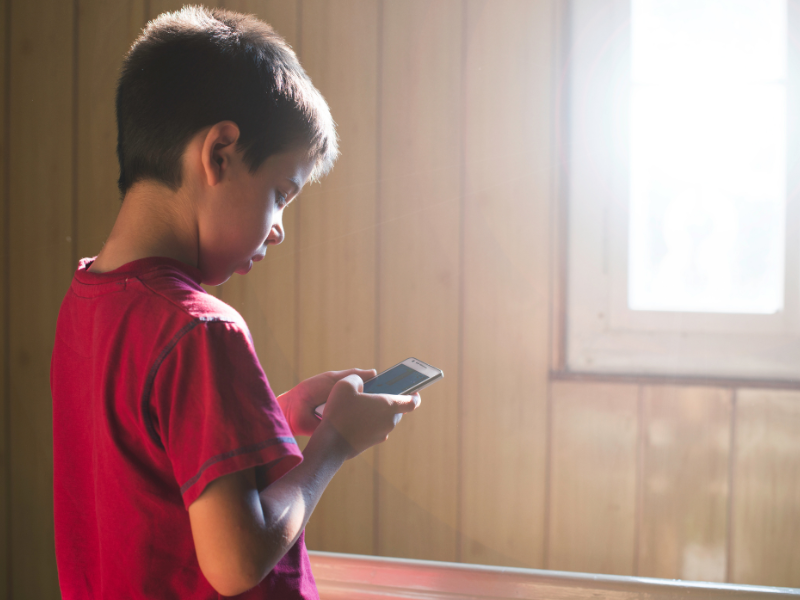There is a huge debate over how social media is perceived today – particularly among children. Is it a digital asset or merely a source of pressure? With the constant exposure to devices, there’s one big question: Does this have a direct impact on a child’s development?
Antony Bainbridge, Head of Clinical Services & Clinical Lead at Resicare Alliance, explained that children are exposed to screens and digital media from a young age. Overuse of technology can negatively affect attention spans, disrupt sleep, and create dependency, all of which can disrupt a child’s circadian rhythm. Bainbridge also highlighted the topic of indirect social media influence: “Although young children may not be on social media themselves, they can still be affected by it. For example, they may observe their parents absorbed in social media or feel pressure due to the parental sharing of family life online, which can create a sense of being watched.”
Excessive screen time, particularly at a young age, can change the way children perceive information and shape their cognitive, emotional, and social development. This affects how they learn, focus, and interact with the world around them. There’s a concern about how children who are exposed primarily to screen-based information may grow accustomed to learning visually and interactively.
Many factors are piling up now – children losing interest in traditional learning methods, such as reading or listening. Antony added that when kids consume content digitally, they may retain less information than if they engaged with it through books or hands-on activities. This can affect their comprehension, memory retention, and ability to analyze complex concepts.
“Excessive screen time, particularly in place of face-to-face interaction, may affect children’s ability to interpret social cues like facial expressions, body language, and tone of voice. These cues are crucial for understanding emotions and building empathy, and children who lack experience in real-world interactions may struggle with social skills,” Bainbridge noted.
There’s so much about the likes and shares on social media platforms. Ever wondered how kids are reviewing this? “This can shift a child’s perception of self-worth and relationships, fostering a dependency on external validation and creating insecurities if they don’t receive positive feedback,” concluded Antony.






